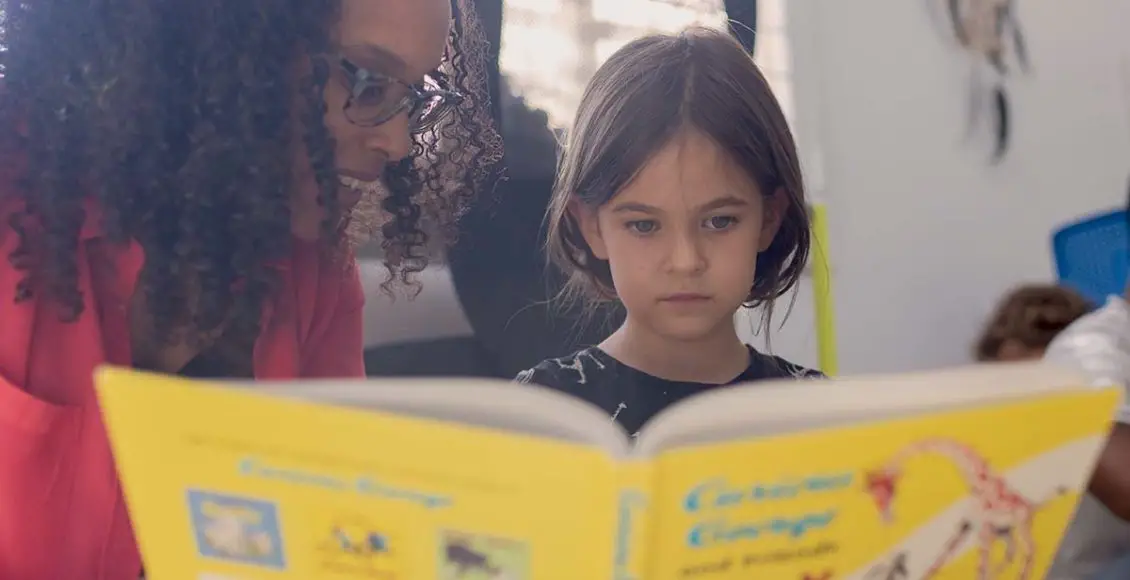Every parent-child relationship is unique. Unfortunately, parenthood does not come with a manual you can follow to raise the perfect kid or to be the perfect mother or father.
However, if you listen to your children, they may teach you how to become the empathetic, understanding, and loving parent they deserve.
Sadly, some parents often neglect their kids and disregard their emotions. Just because they are the adults, they feel superior to their children and treat them disrespectfully. As Psychology Today notes, according to Rathus and Miller (2015), what these parents do is called invalidation – “to disconfirm, to discount, to delegitimize, to communicate that what the other person is thinking, feeling, or doing does not make sense, is inaccurate or an overreaction.”
An invalidated child would often feel confused, ashamed, angry, and wrong. Moreover, suchlike behavior may cause lifelong consequences and leave scars that cannot be healed even through adulthood.
A 2014 study discovered that “parents who reported higher levels of emotion dysregulation tended to invalidate their adolescent’s emotional expressions more often.” Additionally, another study conducted in 2019 states that there is a strong association between parental invalidation and subsequent self-harm behaviors in children.
Thankfully, you can protect your kids from struggling with suchlike mental health issues if you simply make sure to let them know their feelings and emotions matter. To do that, there are certain statements you should avoid saying to them.
Here are 7 invalidating statements no parent should say to their children:
1. “Why can’t you be more like…”
Comparison will not make your children feel motivated to work on becoming their best selves. It would only increase their feelings of insecurity and will make them question their self-worth. Instead of striving to be better, they would feel as if something is wrong with them, which will severely affect their self-esteem.
Instead, you can say: “I can see you are making an effort.”
2. “You are too sensitive.”
When you are shaming your children for expressing their emotions, you make them take a defensive position in which their only aim is to protect themselves. Besides, it makes them think twice before opening up to you again. This can be a predicament for your kids to build walls around themselves and deprive you of access to their true feelings, emotions, and concerns. In other words, a statement like this one may turn your children into strangers.
Instead, you can say: “That’s got to be so (difficult, upsetting, frustrating, etc.) for you.”
3. “Stop crying!”
Similar to the previous point, telling your children to stop crying means telling them that their emotions are not valid. Crying is a way of letting it all out whenever you feel overwhelmed, overstressed, and painfully anxious. Therefore, yelling at your kids to stop their tears from falling would only make them feel more alone, misunderstood, and anxious. Hopefully, that’s not what you are trying to achieve. Instead of getting mad at your children for crying, let them know that you are there for them and they can trust you with what bothers them.
Instead, you can say: “I can see you’re overwhelmed. Let me help.”
4. “That’s not what actually happened!”
Twisting facts in order to always be the right one in an argument between you and your children should never even cross your mind. You may not realize this, but gaslighting your own kids, only confuses them and instills severe trust issues in their fragile minds. Just because you are the adult one, doesn’t mean you are always right.
Instead, you can say: “I don’t have the same beliefs as you but I can see this is important to you.”
5. “You shouldn’t be upset about such things.”
And just because you are the parent, you don’t have the right to tell your children how they should feel. You are not entitled to their emotions. Besides, there is not a written rule about the way someone should or shouldn’t feel in different situations. So when your kids are being emotional, try understanding the cause of their strong reaction instead of shaming them for it.
Instead, you can say: “I can see that you are very (upset, sad, frightened, scared).”
6. “Life is not fair.”
Sometimes you go through negative experiences where justice is not taken into consideration. However, these unpleasant situations cannot define the meaning of life. It is not life that’s unfair – it’s the people who don’t appreciate it. A statement like this one might instill a deep-seated belief in your children’s mindset that life, in general, is one massive negative experience, and they should get used to injustice. Is that the message you want to send to them?
Instead, you can say: “I can see how that might make you feel really sad.”
7. “How do you think that makes ME feel?
Hold up. Are our feelings more valid and relevant than your children’s? When in conflict situations, you should never forget you are having a dialogue, not a monologue. And in dialogues, both sides have the right to state their arguments, express their feelings, and be heard. Your goal should be resolving the issue, not intensifying it.
Instead, you can say: “Here’s what I’m hearing you say (summarize with fact-checking).”
Do you agree parents should avoid saying those invalidating statements to their children? Let us know in the comment section!



